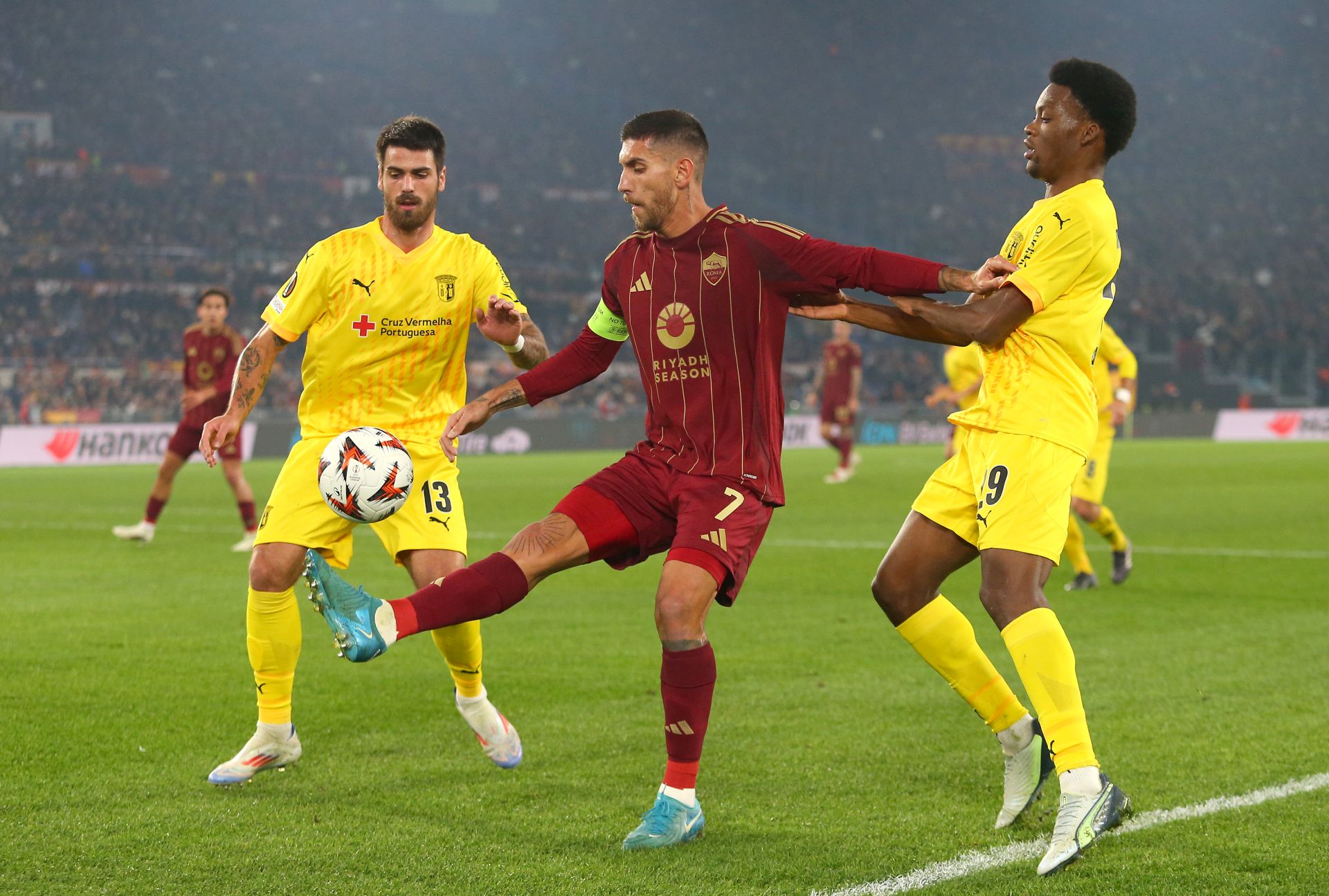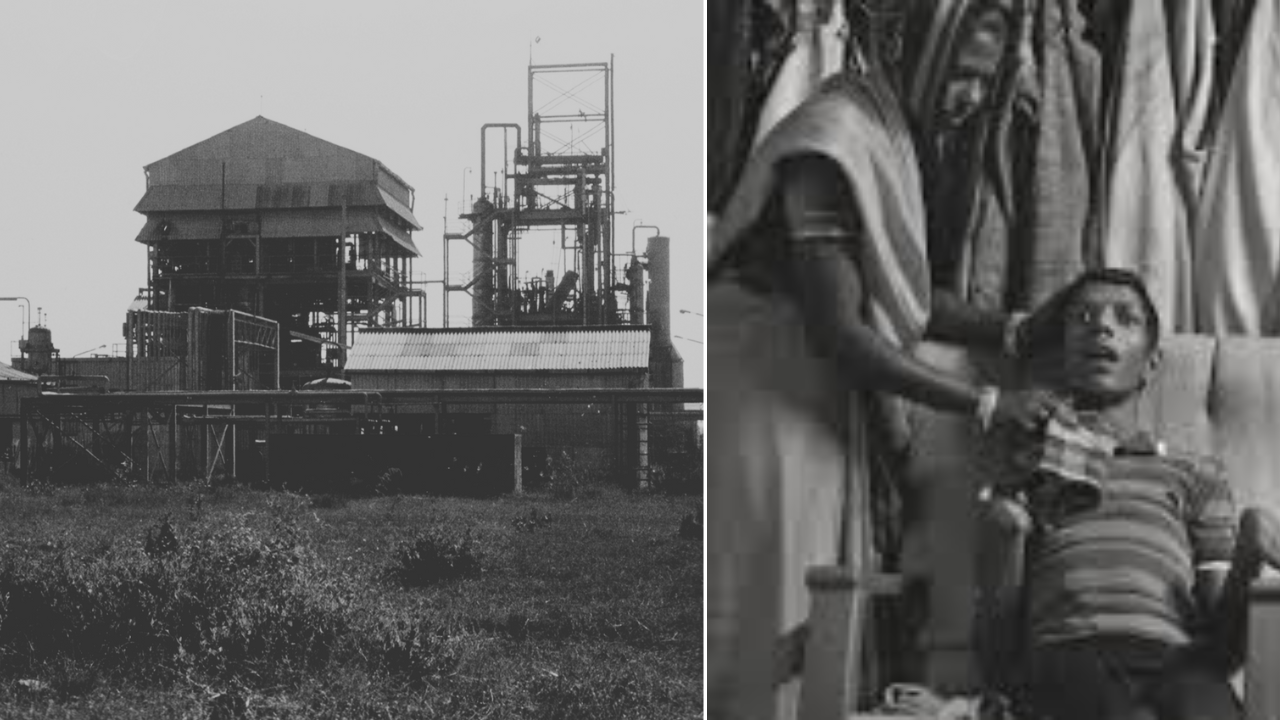
Winter may not only lead to a surge in joint problems or respiratory ailments but even strokes . A stroke is a medical emergency that happens when the blood flow to the brain is blocked and it is also called a brain attack. In an interview with HT Lifestyle, Dr Neeraj Singh, Consultant Endovascular Neurosurgeon, explained, “The increased prevalence of strokes during winter can be because of physiological, environmental and behavioural factors.
As the winter begins and the temperature outside becomes cold, one’s blood vessels constrict to conserve heat and that can raise one’s blood pressure. It is a known fact that high blood pressure is a precursor for stroke.” He elaborated, “Moreover, people tend to drink less water during winter which raises the chances of dehydration, increasing blood viscosity and the risk of clot formation.

Hence, many tend to suffer from strokes. Likewise, the absence of physical activity, higher consumption of processed foods, stress, obesity, high cholesterol and hypertension can also lead to stroke which can cause higher morbidity and mortality rates in patients.” The symptoms: Dr Neeraj Singh shared, “BEFAST (Balance, Eyes, Face Drooping, Arm Weakness, Speech Difficulty, and Time) is the acronym for a stroke that one needs to know about.
These symptoms will mean that the patient will require immediate medical attention for a successful outcome.” The complications: Dr Neeraj Singh cautioned, “Strokes can have devastating consequences if not treated at the right time. They can lead to permanent disability because of paralysis, aphasia that is difficulty in speaking, depression, anxiety, memory loss, deep vein thrombosis (DVT), urinary tract infections (UTIs), or seizures.
A stroke patient should be immediately taken to a nearby stroke-ready hospital to initiate treatment at the right time.” The treatment: Revealing that one will be given thrombolysis, a clot-busting medication, mechanical thrombectomy, supportive care and rehabilitation, Dr Neeraj Singh said, “The neurologist will determine the line of treatment for stroke management. However, it will be imperative for everyone to prevent stroke and improve the quality of life.
” Preventive measures: Dr Neeraj Singh advised, “It is the need of the hour to prevent stroke during winter by keeping an eye on blood pressure, ensuring proper hydration, opting for indoor exercises, managing mental health, adjusting medications as needed with the help of the doctor, preventing falls, and following a healthy diet. It's important to work closely with the expert and make informed choices when it comes to one’s health.” Disclaimer: This article is for informational purposes only and not a substitute for professional medical advice.
Always seek the advice of your doctor with any questions about a medical condition..















